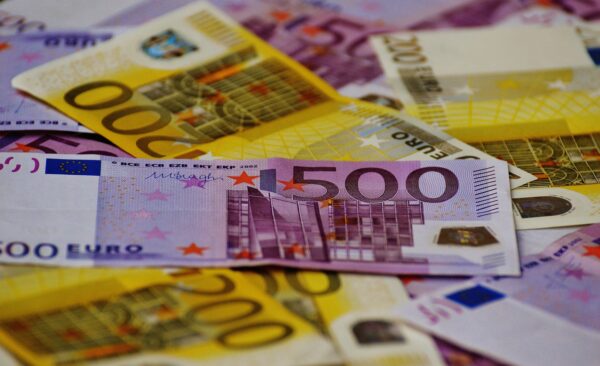The Philippines is the thirty-seventh largest economic system on the planet by way of purchasing power parity, in accordance with the International Monetary Fund. Such a country can not turn into highly developed, nor can there be balanced, decentralized growth in all sectors of the economic system. As far as India is anxious, as long as around seventy-five p.c of the population is engaged in agriculture, the unbearable economic plight of the folks will continue. \n\nIn the banking world, the difference in what the bank expenses borrowers to the rate at which banks repay on borrowed funds is the ‘spread’, and this is how banks generate income. As an aside, traders LOVE to make bank investments as a result of they are relatively SECURE investments by way of protecting capital.\n\nIt would look silly to someone that never took a microeconomic course, and yet it is on this silly idea that monopolistic principle relies. And the concept that the government should intervene to protect customers from monopolies, relies on the speculation of monopolistic competition, and due to this fact this silly idea that I will present have crucial repercussions.\n\nEconomic development of Kenya lately is mainly a contribution of big public investments. Such investments also embody small holder agricultural productions as well as non-public investments in the industrial sector. The Kenyan government had promoted intensive economic development by way of public investments, small holder agricultural production, and private industrial investment.\n\nThe discipline of business economics emerged from two traditions with distinct roots: the Economics of trade in the UK and industrial organization in the US. The British tradition originates in the work of Adam Smith, along with his analysis of the relationship between production organisation and the extent of the market.\n\n27The other European international locations applied policies aimed at the nationalisation of the inner market or no less than the creation of national champions, both before the Warfare, where express theories in favour of monopolisation had been developed, and after the Warfare, where the opening of the European market induced corporations which had long been closed and protected to face the competition from very massive multinationals.\n\n
\n\nIn the banking world, the difference in what the bank expenses borrowers to the rate at which banks repay on borrowed funds is the ‘spread’, and this is how banks generate income. As an aside, traders LOVE to make bank investments as a result of they are relatively SECURE investments by way of protecting capital.\n\nIt would look silly to someone that never took a microeconomic course, and yet it is on this silly idea that monopolistic principle relies. And the concept that the government should intervene to protect customers from monopolies, relies on the speculation of monopolistic competition, and due to this fact this silly idea that I will present have crucial repercussions.\n\nEconomic development of Kenya lately is mainly a contribution of big public investments. Such investments also embody small holder agricultural productions as well as non-public investments in the industrial sector. The Kenyan government had promoted intensive economic development by way of public investments, small holder agricultural production, and private industrial investment.\n\nThe discipline of business economics emerged from two traditions with distinct roots: the Economics of trade in the UK and industrial organization in the US. The British tradition originates in the work of Adam Smith, along with his analysis of the relationship between production organisation and the extent of the market.\n\n27The other European international locations applied policies aimed at the nationalisation of the inner market or no less than the creation of national champions, both before the Warfare, where express theories in favour of monopolisation had been developed, and after the Warfare, where the opening of the European market induced corporations which had long been closed and protected to face the competition from very massive multinationals.\n\n










